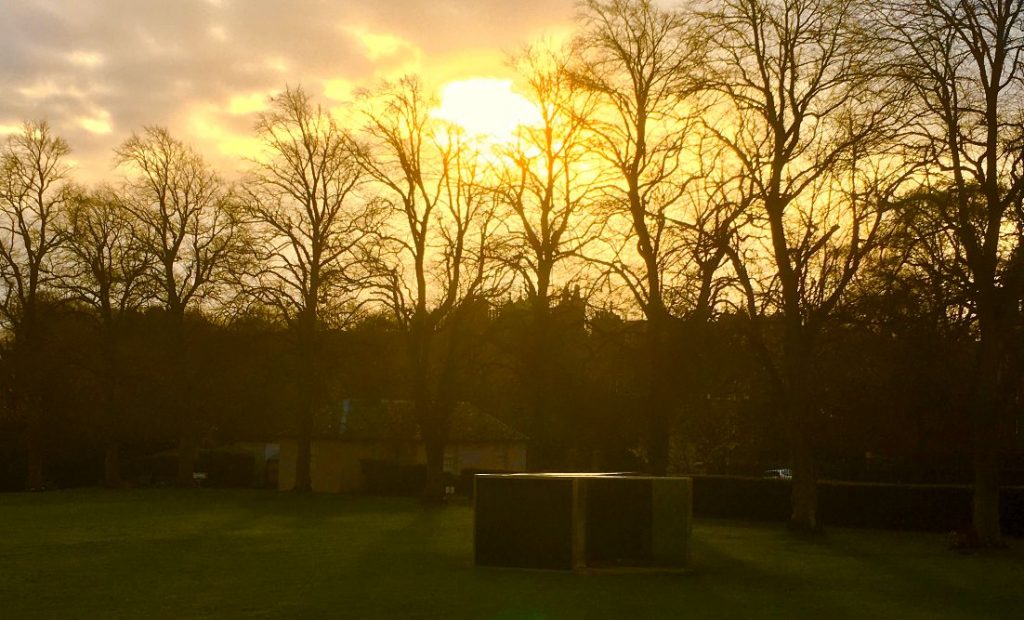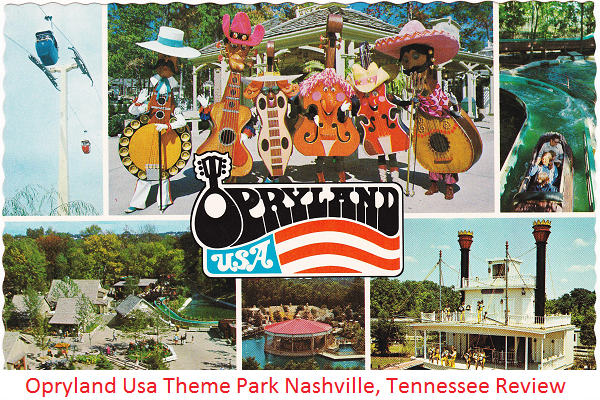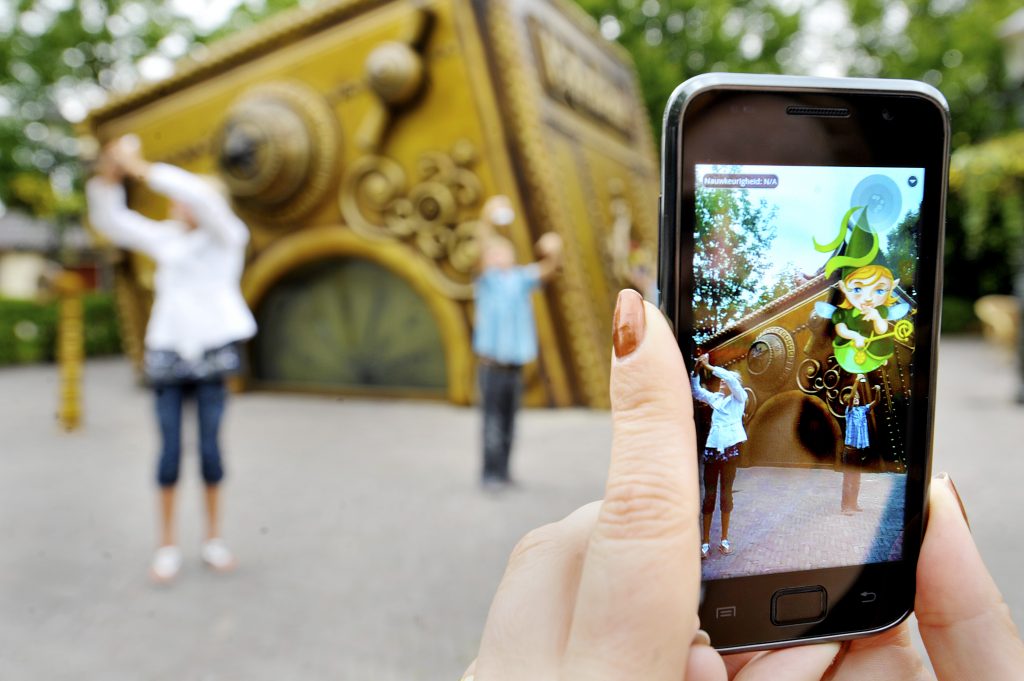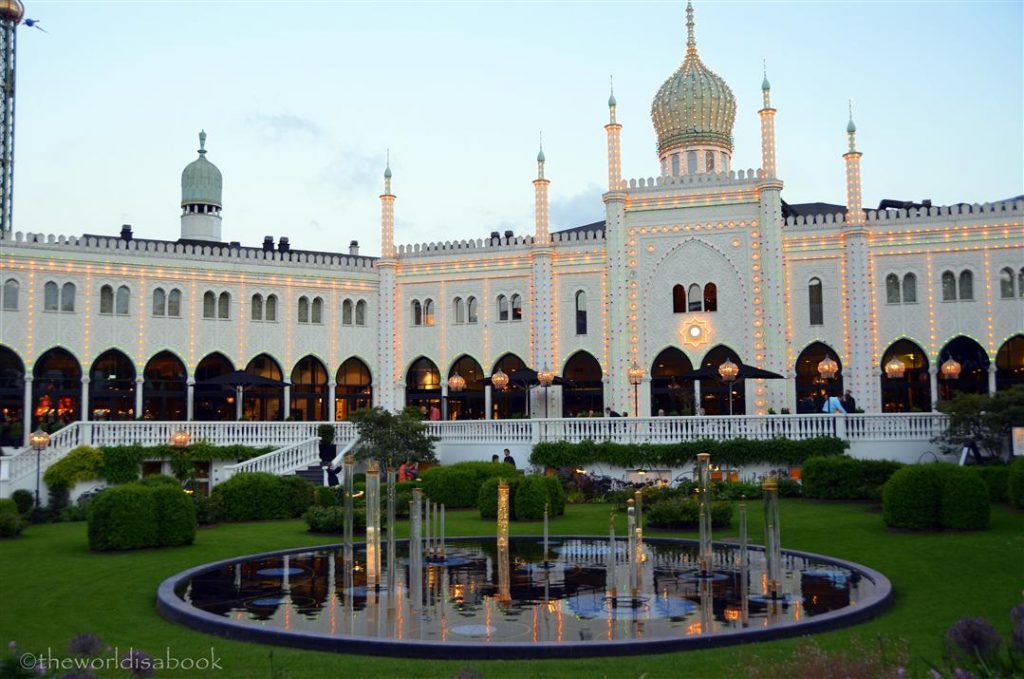What is the Future for Theme Parks?

When I was a young man, my first real job was working in a theme park entitled Six Flags Over Texas that was located between Dallas and Fort Worth, Texas and opened in 1961 following upon the great success of Disnelyland in California. I was thrilled when I was hired at the tender age of 19 with the phenomenal salary of $2.00 (£1.75) per hour to operate the sound system in a large theatre for a live show entitled The Southern Palace Revue. I was responsible for supervising the audio production for a cast of fifteen singers and dancers and an orchestra of 20 musicians. The Revue was performed five times per day and by show number four I could barely keep my eyes open.
During my summer in the theme park business, I began to think about the future of these attractions and wondered what might become of them in the next twenty years or so. In recent years, my curiosity about the future of theme parks has returned and it was greatly accelerated by the onslaught of the Corona Covid 19 virus that forced the closure of Disney and other theme parks throughout the world.
Long before the pandemic struck, I have often wondered how theme park owners and operators could afford to maintain their attractions in an increasingly competitive global entertainment marketplace. One of the first organisations to struggle with the decision of how best to receive a strong return on investment for the land upon which their attraction was located was the Gaylord Corporation, owners and operators of the late Opryland Park in Nashville, Tennessee.

Literally overnight, without any fanfare or advance promotion, the Gaylord Corporation unceremoniously closed the park that had entertained millions of guests for 25 years.
Tennesseans awakened one morning to read in their daily newspaper that the park had closed and it would be replaced in the future with a relatively new phenomenon known as an retail outlet shopping mall. The reasoning for this decision by the owners was to insure the long term sustainability of the Opryland brand. The real reason was the financial desire of the owners and investors who would receive millions of dollars in annual rents from long term leases to major retailers and their expenses would be sizably reduced without the need to employ thousands of staff members or invest in new attractions year upon year.

In 2010, the average cost of a new steel roller coaster was somewhere north of 20 million US dollars. Whilst businesses expect to make investments year upon year in their products and services, the theme park industry must be one of the most expensive due to the fickle nature of guests who are continually in search of the next biggest and best spectacular thrill ride.
Many of the theme parks throughout the world are located on very valuable property with good transport links. Therefore, I am certain that today, other owners and their investors are also thinking along the lines of the Gaylord Corporation.
The future of theme parks may witness a greater re-purposing of their valuable real estate for those products that will require less annual risk and generate greater long term profilts. Here are my three predictions regarding how these attractions may look and feel in the future.
Firstly, their land may be re-developed to include fewer live shows and rides and more accomodation. The accomodation may be targeted for families and senior citizens. One of the key target markets for the Disney parks are grandparents who on average spend more money per day at their parks than they spent on their own children. Disney started selling time share condominiums shortly after the opening of its Orlando attractions and therefore the further development of rental and for purchase real estate properties may serve as a lucrative source of revenue for their investors as well as produce a steady supply of guests for their attractions.
Second, the overall foot print of these attractions may be smaller in the future to provide a socially distanced and more customized experience. Rather than visiting a park with dozens of attractions and tens of thousands of guests all on the same day, guests may find that through the use of algorithmic analysis they are assigned a specific date and time to visit that will provide the most optimal experience for their age, health factors and their overall desired experience outcome.
Third and finally, their may be a greater convergence between the digital world of augmented reality and gaming with the live face to face theme park experience. Guests may actually begin their theme park journey on line through selecting experiences using 3D technology and then delve deeper into these experiences once they visit the attraction in person. When the guest returns home, they may receive a digital download of their live experience that may then be seamlessly merged using augmented reality to allow them to re-live their experience over and over again as well as share it with others who may be further persuaded to visit the attraction in the future.

Following the Corona Covid 19 pandemic, one thing is for certain regarding the future of theme parks. The one thing that is for certain is that…nothing is for certain, anymore.
Theme park owners, their investors, operators and guests will at some point reach a compromise that will provide a sustainable future for these attractions that have meant so much to so many since the opening of the world’s first amusment park, the Tivoli Gardens in Copenhagen, Denmark in 1843.

The current advertising slogan for the Tivoli Gardens is simply “Always like never before.” It is my fondest wish that the future for theme parks will similarly embrace the traditions of the past and will also seek to re-invent themselves to insure their future so that one day, another young man not unlike myself, may one day aspire to work in this industry or even better, become a loyal guest.

Two things come to mind. One, Disney buying lots of cheap land in Anaheim and Orlando with the theme parks in the middle to increase real estate values for future profits – only amusement park company I am aware of that did this. Two, the words of Disney’s Gene Columbus that have long been a part of my event management experience design course, “Never create the same event once.”
Thanks Vern. Gene Columbus is my best friend and I shall share your Kind quote with him. Stay well.